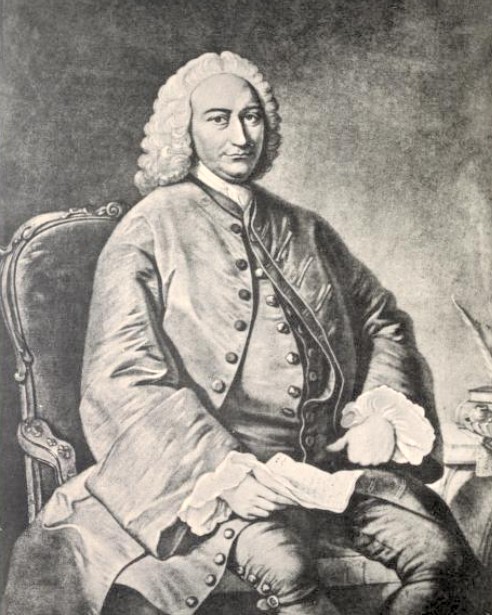
By Harry Mottram: When the first known mayor of Bath John de Porta took office in 1230 England was at war on two fronts.
Just over the border in Wales Llywelyn the Great was on the war path battling the Marcher Lords and on occasion Henry III as he consolidated his power in Cymru.
And across the English Channel the king was at war with the French as the monarch battled over the spoils of the Angevin Empire.
Previously Bath had been a Saxon Burgh with a civic leader known as a Governor and later called a Maire appointed by the King to administer justice rather visit than to celebrate local charities as today.
Bath at the time was a small walled medieval city with a busy market a large cathedral and monastery and an increasingly important role in the politics of the Roman Catholic Church in England.
Appointing a Mayor consolidated Bath’s political and economic role with the woollen industry powering the economy as Fuller’s Earth was used in the manufacturing process in the city where the waters of the River Avon helped to drive the mills involved.
The city’s Roman Baths had fallen into disrepair but in 1180 Bishop Fitzjocelyn had founded a hospital and built two baths for help in caring for lepers.
Following John de Porta Henry le Tayleur took the office seven years later and he was followed by a long list of Henrys, Johns, Richards and Williams with the office eventually becoming an annual award .
The current incumbent is Cllr Rob Appleyard whose powers are somewhat less than those in previous centuries when mayors could condemn those accused in court to prison and worse.
Some of the most notable mayors over the years include Ralph Allen in 1742 who became Bath Post Master and made a fortune organising a national postal service. He is of course best known for the quarries he owned which used the stone to construct much of Georgian Bath.
Dr Henry Harrington was mayor in 1793 and was also a physician at the Mineral Water Hospital – and was known as an accomplished composer of sacred and secular music.
Moving to the 19th century Charles Dickens was supposed to have been inspired by the landlord of the White Hart Inn in Stall Street whose name was Eleazar Pickwick. He was the mayor in 1826 and his name was to live on in the title of the novel The Pickwick Papers.
Mayor Aubrey Bateman wore the chain of office during part of the Second World War which was to see the city badly damaged by bombs and hundreds of residents killed.
Women only took the role of Mayor in the 20th century following changes in voting laws with Kathleen Harper, Ada Elsie May Hanna and Mary Rawlings among some of the first to take the office in Guildhall.
In this century it’s now the norm for women to hold the office – while Bath is a different place from 1230 and thankfully England is no longer at war with Wales or France.


You must be logged in to post a comment.